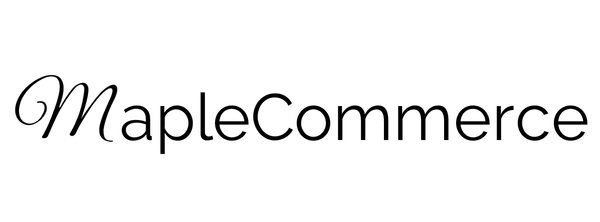Just wrapped up a deep dive into the paper “Maximizing Website Visibility and Performance through Semantic SEO Optimization” by Ostanaqulov Xojiakbar – and it’s clear: semantic SEO is no longer a niche tactic, it’s mainstream.
The article validates many of Koray Tugberk GÜBÜR’s core strategies, especially:
- Leveraging structured data & NLP to enhance search engine understanding.
- Focusing on user intent and contextual relevance instead of keyword stuffing.
- Adapting to AI-driven updates like BERT and MUM.
- Targeting Featured Snippets & Zero-Click Searches through semantically enriched content.
This aligns with what many of us practicing semantic SEO already know – it works, and it's sustainable.
BUT… here’s where the article digresses from Koray’s frameworks:
❌ No discussion of source context or central search intent.
❌ Skips entity-attribute pairing and semantic internal linking strategies.
❌ Lacks actionable detail on topical map construction, a cornerstone of topical authority.
❌ No mention of content reconfiguration based on SERP signals (query loss, gain, shared queries).
💡 Takeaway? Academic validation is catching up, but implementation excellence still belongs to practitioners who deeply understand and apply frameworks like Koray’s.
If you’re working in SEO and haven’t explored entity-based indexing, contextual vectors, or semantic content layering—you’re leaving topical authority (and rankings) on the table.
Contact me for a chat on how semantic SEO can be put into action for your business.
📎 Full paper is available here for those curious: https://journals.innoscie.com/index.php/jarsp/article/view/57
#SemanticSEO #KorayTugberk #TopicalAuthority #NLP #StructuredData #BERT #SearchIntent #FeaturedSnippets #SEO
Subscribe to our newsletter
AI to ROI - Get actionable insights, tested strategies, and real-world case studies direct to your inbox.
Latest
More from the site
AI Prompt Engineering Markup Best Practices
When crafting prompts for AI systems, clear markup and structure significantly improve the quality and consistency of responses. Here's a progression from basic to advanced techniques: Basic Text Form
Read post
How to run Facebook Ads in 2025
Okay, so you want to know the right way to do Facebook ad campaigns in 2025? This is a cracking question, and frankly, it's constantly evolving, but there are some absolute game-changers and core prin
Read post
New SEO vs Traditional SEO - Core Mindset Shifts and Objectives
Focus on the Topic, Not Just Keywords: Semantic SEO centres on creating content for an entire topic, not just a single keyword. This means publishing content for multiple semantic keywords that cover
Read post
